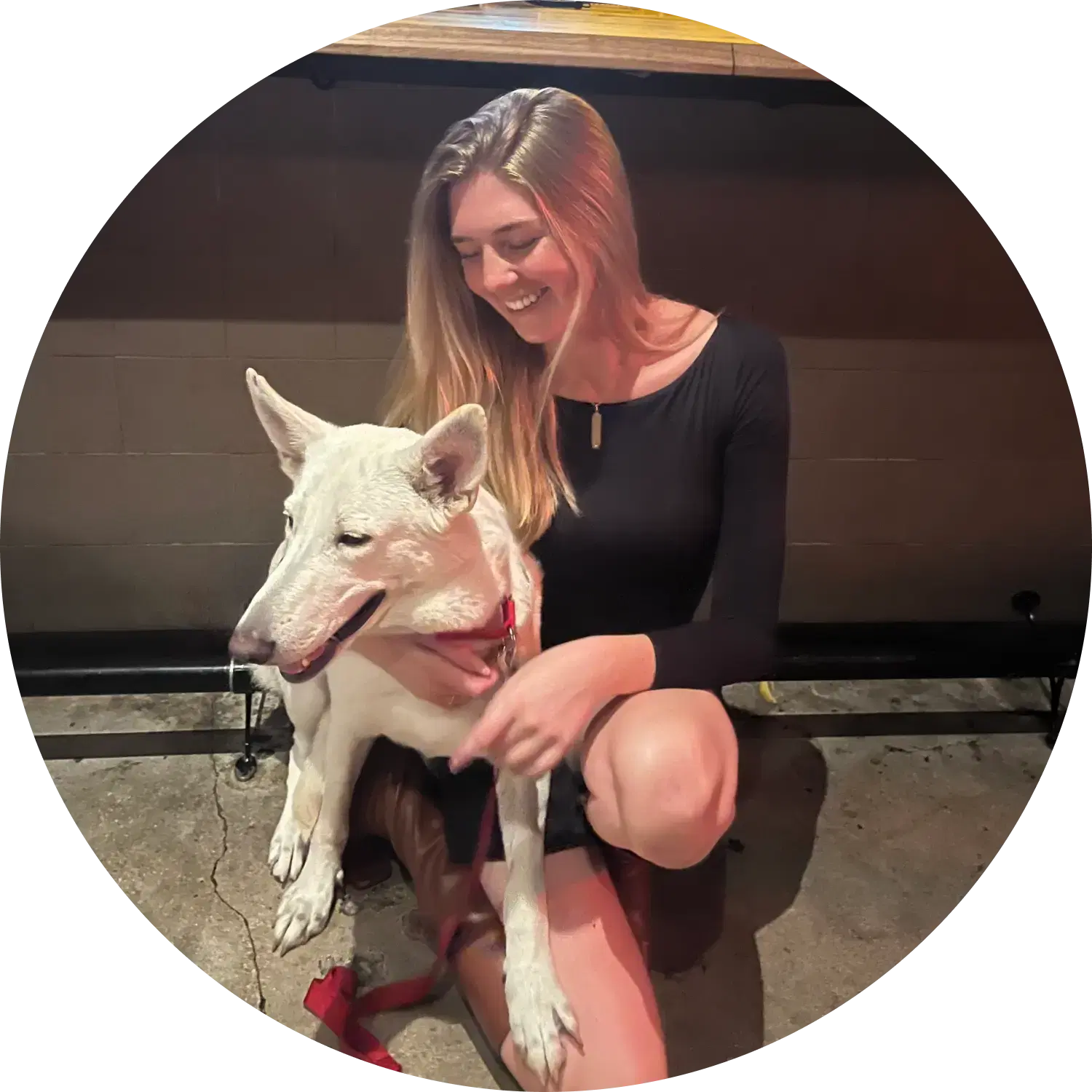If there was a dog breed that perfectly suits the phrase – ‘Small package, big bomb’ – it would be the Dachshund. Imagine a sausage with legs and a tail. You don’t really have to. Just take a look at a Dachshund. But there’s much more to these dogs than their unique anatomy.
You can call them the Wiener dogs, Sausage dogs or Badger dogs. The term badger was given to them for the fact that they were bred to scent, chase, and flush badgers. These are among the most unique-looking dog breeds and for that reason, they also occupy a place in the top 15 most popular dog breeds in the US. They were made in Germany but contain traces of French and British hounds and terriers as well. They have enjoyed aristocratic status with several European royals, including Queen Victoria having one of them as a pet.
And by the way, there is a smaller version of these dwarfs available now, called miniature Dachshunds.
Let’s answer some questions about their temperament now.
Is a Dachshund a Good Family Dog?

Dachshunds can be good family dogs as generally they are seen to be affectionate and gentle. They even do well with kids. However, they won’t be able to tolerate very noisy and energetic kids and hence are recommended only for families with older children. Their walks and training sessions will often end with curling up with you and burrowing themselves into warm places.
They tend to form strong bonds with their families. They are quite intelligent as well. With patience and proper techniques, they can be trained easily.
However, there are some behavior issues that Dachshunds are commonly associated with. These include – (3)
Stubbornness
Barking
Separation anxiety
First-time dog owners may not find it very easy to own them.
Do Dachshunds Bark a Lot?

Excessive barking is one of the things that these dogs are infamous for. This trait of theirs can actually become a nuisance at times, especially if you live in an apartment with other people living nearby. This can be linked back to their hunting days. Looks like they haven’t lost their hunting touch yet.
Do Dachshunds Get Aggressive?

Smaller breeds are more likely to be aggressive. A study conducted by the University of Pennsylvania in 2008 shows that. Among all the small breeds, Dachshunds were rated the most aggressive ones with 20% of the total 6000 dogs studied, having bitten strangers. The injury from the bite may not be serious most of the time though. (1)
The culprit again here is their hunting and guarding instincts that have been with them since inception. We can’t really blame them for it when we designed them to be this way. Having said that, with proper socialization and training, especially at a young age, you can have a comparatively well-behaved dog.
What is the Life Expectancy of a Dachshund?

The math usually goes like – the smaller the dog, the longer the average lifespan. And that’s true in this case as well. Dachshunds live for an average of 13-15 years. (1)
Can Dachshunds Be Left Alone?

Another thing that these dogs are sort of infamous for is their tendency to develop separation anxiety. As we mentioned above, they tend to get very attached to their families, especially the one person who spends the most time with them. When left alone for a long time, they start developing separation anxiety. Interactive toys and other forms of training can help alleviate this problem to some extent. (3)
More About Spot Pet Insurance
Apart from a couple of behavioral issues, there are some medical conditions as well that Dachshunds are prone to. The ones most commonly seen in them are –
Because of the long-stretched back and a short rib cage, these sausage dogs are prone to IVDD or intervertebral disk disease. Obesity, jumping, rough handling, or even intense exercise can increase the chance of a severe back injury. Approximately 25% of Dachshunds suffer from spinal injuries or diseases at some point in their lives.(2)
Apart from IVDD, these dogs are also prone to Patellar Luxation where the kneecap can become dislodged and Osteogenesis Imperfecta, a brittle bone disease. The latter, however, is limited to wire-haired ones with 17% of them being carriers of it.
Other potential health problems for Dachshunds include hereditary epilepsy, cataracts, glaucoma, progressive retinal atrophy, autoimmune problems, various allergies and atopies.
They are also predisposed to Hypothyroidism.
The treatment costs for the above-mentioned health conditions can put a big dent in your savings at times. But you can save 90% of them with pet insurance.
Dog Insurance can help provide financial assistance for eligible veterinary care in case of unexpected accidents, illnesses, or injuries. Our plans can help pet parents manage the eligible costs of covered veterinary care and help ensure that their pets can receive the best treatment possible. Here are some ways that Spot pet insurance plans can help:
Covers Unexpected Veterinary Costs: Spot pet insurance plans cover the eligible costs of unexpected veterinary treatments, such as emergency surgeries, X-rays, and prescription medications for covered conditions.
Customizable Plans: Choose your annual limit, reimbursement rate, and deductible from a range of options, and create the plan that will fit the needs of your pet and your budget.
Peace of Mind: With Spot pet insurance plans, pet parents can know that they can provide the best care for their pet with less worry about the cost.
To learn more about Spot Plans or to get a free quote, click here.

The resident animal enthusiast at Spot. I have a lifetime of pet parent experience. If it has fur, feathers, or scales, I’ve probably shared my home with it. I aim to be a reliable source, blending experience with a dedication to the well-being of pets.
Wikipedia contributors. (2024, July 15). Dachshund. Wikipedia. https://en.wikipedia.org/wiki/Dachshund#Appearance











